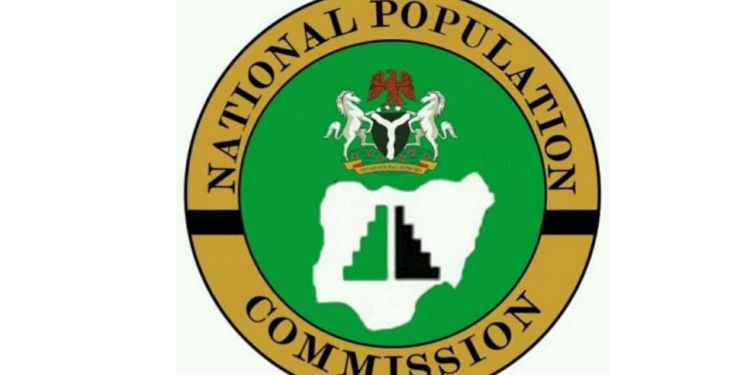The National Population Commission (NPC) has revealed that approximately 1845 households are designated for the 2023-24 Nigeria Demographic and Health Survey (NDHS) in Benue State.
Federal Commissioner NPC, Patricia Kupchi, who made this known in Makurdi during the official launch of the survey, explained that questionnaires would be distributed to women aged 15 to 49 in every household, while men to be interviewed would be between the ages of 15 to 59.
Kupchi assured that the Commission is aware of security-prone areas and has implemented adequate security measures to ensure the safety of its personnel during the survey.
Represented by the State Director NPC, Christopher Nege, the Commissioner also said that four out of the 23 Local Government Areas of Benue State were excluded from the ongoing 2023-24 Nigeria Demographic and Health Survey (NDHS) because it is a representative survey.
The excluded LGAs include Tarka, Gwer-west, Ohimini, and Agatu, with the explanation that their exclusion is due to the nature of the representative sample survey.
Kupchi expressed confidence in the support and dedication received, stating, “I have every confidence that, with your continued support and dedication, we will navigate the complexities of data collection and analysis, and emerge with insights that will shape policies, drive progress, and improve lives.”
Enumerating some objectives of the 2023-24 NDHS, Kupchi highlighted gathering high-quality data on vital indicators such as fertility rates, maternal and child health, contraceptive use, childhood mortality, gender-related issues, nutrition, HIV/AIDS awareness, and more.
The objectives also include providing data to support the evaluation needs of maternal and child health and family planning programs, ensuring timely results and widespread data dissemination, and strengthening Nigeria’s capacity for data collection, analysis, and utilisation.
She said, “To provide data supporting evaluation needs of maternal and child health and family planning programs, enabling evidence-based planning and resource allocation.
“To produce timely results and ensure wide data dissemination, inform program managers and policymakers and strengthen Nigeria’s capacity for data collection, analysis, and utilisation, enhancing national ownership of the process.
“To strengthen national capacities by using collected data to identify demographic and health-related basic social needs, develop equitable growth strategies, address social poverty, and align with national development strategies.”
According to him, these objectives, while comprehensive, are not mere words on paper. They represent the path to a healthier, more prosperous Nigeria that can address the unique needs of its citizens, promote gender equality, improve health outcomes, and reduce the burden of disease.



